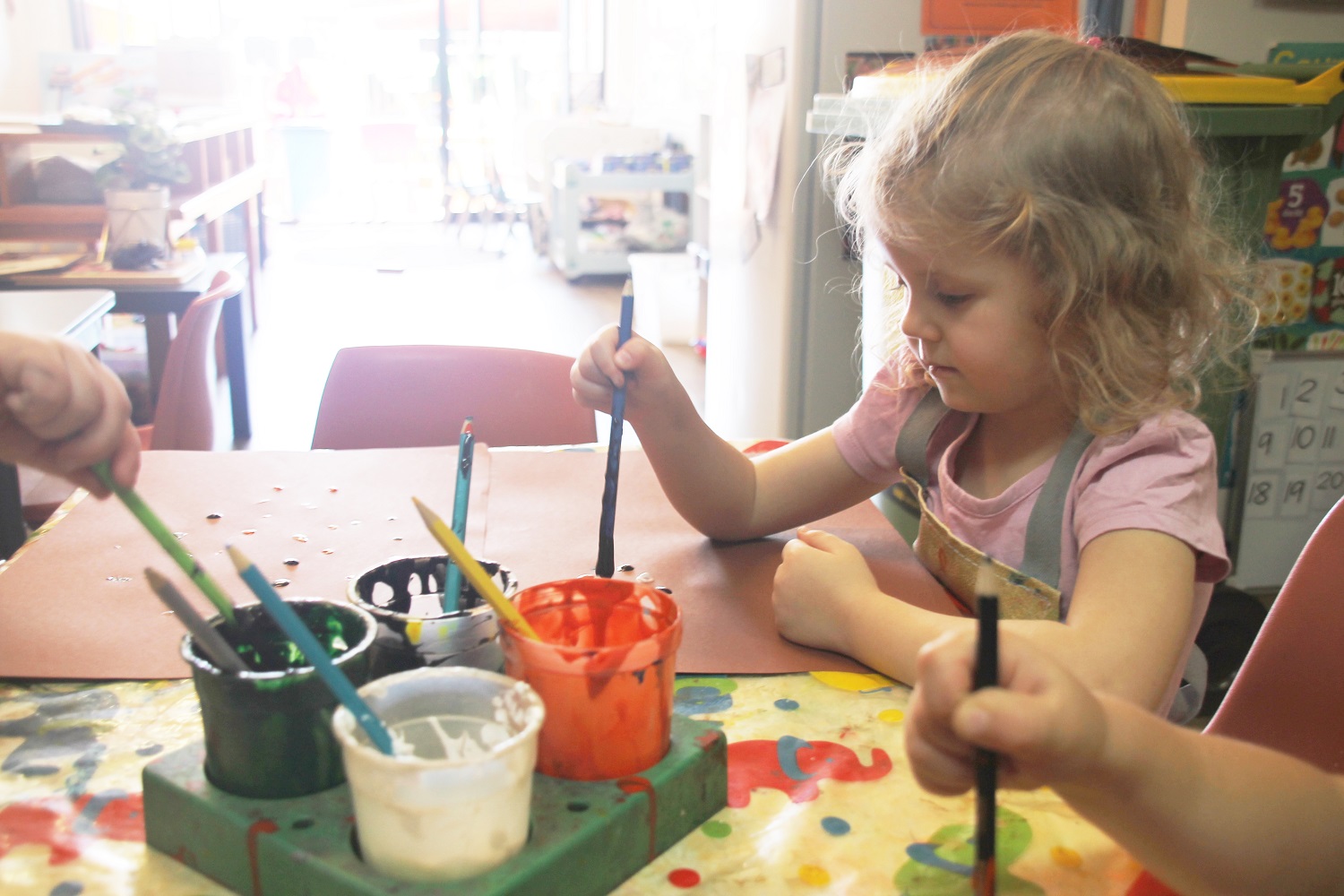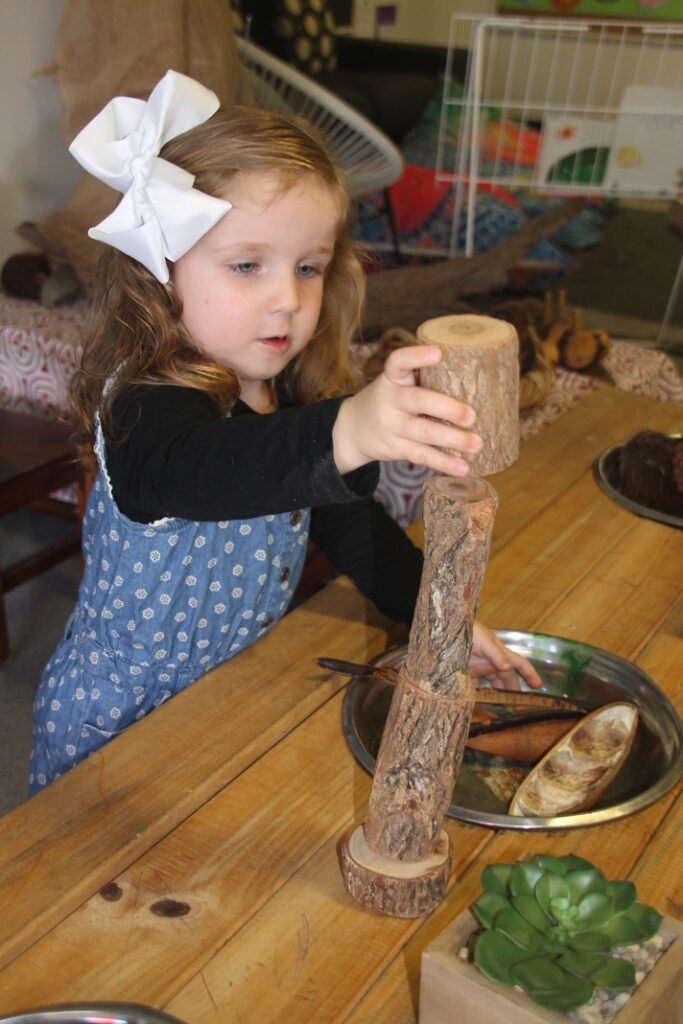
Children’s feelings about starting childcare
Your child’s feelings about child care: separation anxiety and fear of strangers
Many babies and children are happy and comfortable about starting child care.
But many babies and children have some less positive responses too:
- Separation anxiety: this is when children get upset when you leave them. Separation anxiety peaks around 14-18 months, although older children can experience it too.
- Fear of strangers: this is when children get upset around other people. It usually peaks at around 7-10 months of age.
Separation anxiety and fear of strangers are normal parts of child development, and many babies and children go through these feelings to some extent. This is the same whether children go to child care or not.
The difficulty is that the time in child development when separation anxiety and fear of strangers happen is often the time when parents are thinking about going back to work and starting child care.
So if your baby or child is starting child care and experiencing separation anxiety and fear of strangers, it’s not your fault – it’s just how babies develop.
Separation anxiety and fear of strangers at child care: what you can do
Try not to worry. Children usually adjust as the new faces in their care setting become familiar. It just might take some children a little longer than others.
You can help your child overcome anxieties by spending time together in the new child care setting when you’re getting ready to start child care.
It’s also good to spend some time with your child before you leave him alone. In the early weeks of child care, try leaving your child for just short periods, and building up to a whole day.
How children feel about starting child care: other factors
There are a few other things that affect the way your child might feel about and respond to starting child care:
- Trusting, caring relationship with educators and carers: these relationships help your child respond well to child care.
- The child care setting: if the setting is like other places your child is familiar with, your child might feel more comfortable.
- Your child’s experiences of being cared for outside your immediate family: these experiences give your child practice in building relationships and help her learn that you’ll always come back.
- Your child’s temperament: this affects the way your child responds to change, including a new child care setting.
- Your child’s personal preferences: for example, your child might feel more comfortable if the setting’s routines are a good fit for the way he likes to be fed, comforted and soothed.
- Your child’s age and stage of development: for example, babies younger than six months are often happy to be left with educators because they haven’t yet developed separation anxiety or fear of strangers.
- The number of days your child is in care: children attending fewer days a week have less time to get familiar with and comfortable in their new setting.
You can’t change things like your child’s age or temperament or how fast she forms new relationships. And you probably don’t want to change things like how many days your child is in care. But there are other things you can do if you think your child really isn’t settling in at child care. A big part of this will be sharing information and ideas with educators.
Your feelings about starting child care
Starting child care is a big change. It can be an exciting and emotional time for families – for both children and parents.
Even if you have mixed feelings about the changes in your family life, it’s important for you to be positive about child care with your child. Children have an amazing ability to pick up on when their parents are worried or anxious, so try not to share worries or anxious feelings with your child. If your child senses that you like the service and trust the educators, he’ll be more likely to feel these things too.
This doesn’t mean you can’t show your feelings, though. You might like to share them with your partner, a friend or a family member who can give you some support during this emotional time.

Article sourced from the Raising Children Network website – The Australian parenting website that provides ad-free parenting videos, articles and apps backed by Australian experts.


